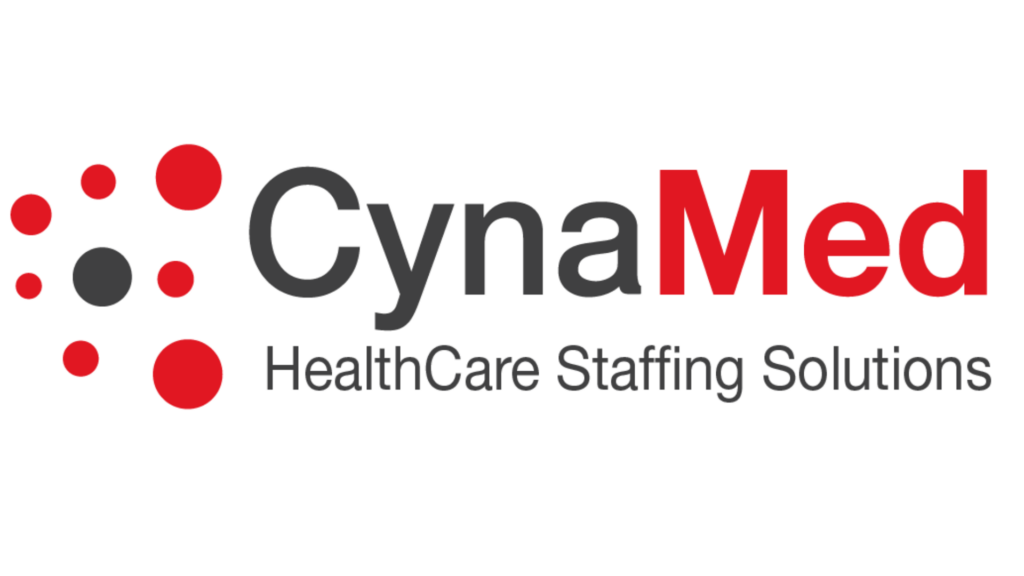Nursing is one of the most stable, in-demand career fields in the country. Hospitals, clinics, and labs across the US have a high demand for new nurses to join the field. Therefore, becoming a nurse is a smart career choice.
There are different kinds of nursing, but an RN, or registered nurse, is one of the most popular. Here’s how long it takes to become an RN.
Different Paths for Becoming an RN
There are actually several different paths to becoming a registered nurse. You can either pursue an associate’s or a bachelor’s degree in nursing. An associate’s degree, obtained at a community college or college setting, can take between 2 to 3 years to complete.
However, there are also fast-track Professional Nursing ADN programs that are as short as 18 months! These quick and intensive programs are designed to get you into a job position as soon as possible.
Bachelor’s degrees, meanwhile, take between 3 and 4 years to complete. In addition to taking nursing courses like anatomy, you’ll also have to take certain prerequisites and basics courses in outside subjects like math and writing. While this may seem like a less appealing option, RNs who obtain a bachelor’s degree may get a higher salary than those with an associate’s.
After Your Education
Once you obtain an RN degree, you’ll need to pass the NCLEX-RN exam, the nursing board exam. After you pass this test and meet other state requirements, you’ll officially be “registered” to practice nursing in your state.
Your education and training don’t end when you get your nursing license or begin your career. You’ll actually need to recertify as a nurse every few years, each time completing certain requirements. While the requirements vary from state to state, you’ll likely have to pay a fee, take CPR and other certification courses, and take continuing education classes.
RNs also have the choice to pursue higher education. For example, you can obtain a master’s degree to become a nurse educator or even enter a Nurse Practitioner program. However, most of these programs require a bachelor’s, which is another benefit of getting a bachelor’s in Nursing degree.
For more information on the field of nursing, including training programs, continuing education, and staffing solutions, visit CynaMed today. At CynaMed, we are dedicated to helping nurses succeed in their career goals.






